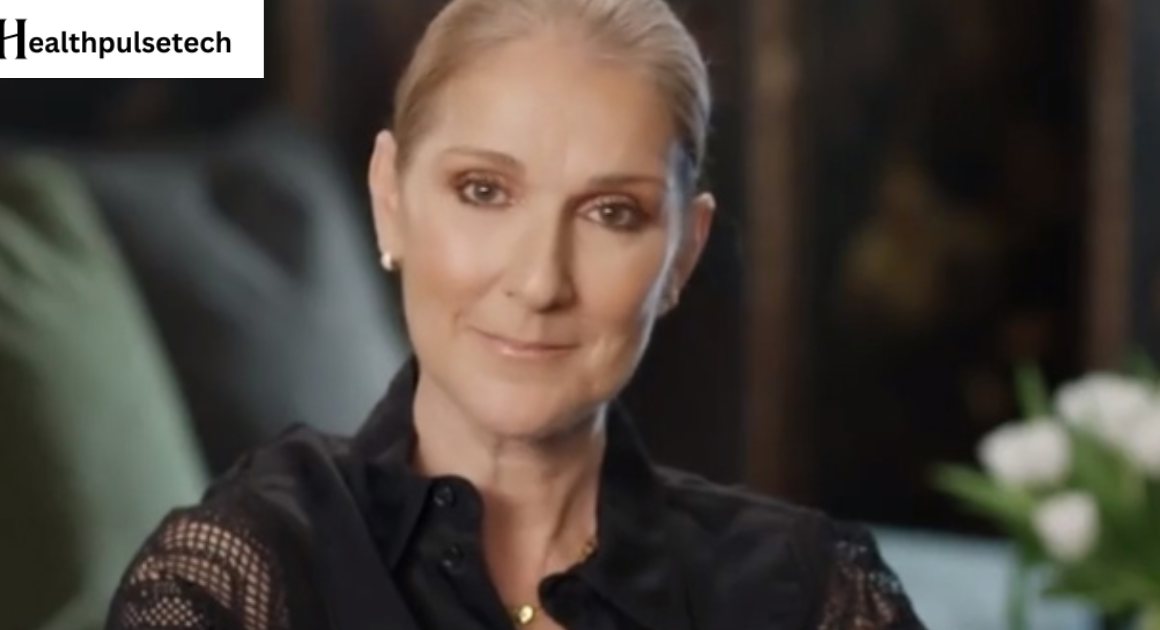The health of historical figures often intrigues us, offering a glimpse into their lives beyond the grandeur of their reigns. King Charles I, the 17th-century monarch of England, Scotland, and Ireland, has garnered significant attention not only for his political endeavors but also for his health challenges. His life and health reflect the medical knowledge and practices of his time, creating a narrative that intertwines with the complexities of monarchy, medicine, and history.
Early Life and Ascension
Charles I was born on November 19, 1600, to King James VI of Scotland (later James I of England) and Anne of Denmark. He ascended to the throne in 1625 after the death of his father, becoming the second Stuart king of England. His reign was marked by political turbulence, including conflicts with Parliament over matters of taxation, religion, and governance.
Health Challenges

One of the most notable aspects of King Charles I’s health was his struggle with physical ailments. Historians and medical experts have examined various accounts and historical records to piece together a picture of his health challenges.
Childhood Illnesses
As a child, Charles I experienced several health issues typical of the time, including bouts of smallpox and other infectious diseases. These early health challenges likely influenced his overall health in later years.
Dental Problems
One well-documented aspect of King Charles I’s health was his dental issues. Reports suggest that he suffered from severe toothaches and dental decay, common problems in an era with limited dental care and hygiene practices.
Mobility Issues
Later in life, King Charles I faced mobility challenges that significantly impacted his daily life and royal duties. Historical accounts describe him as suffering from leg pain, possibly due to conditions like arthritis or gout, which were prevalent among the nobility of that era.
Mental Health Speculations
In addition to physical ailments, historians have also explored the possibility of King Charles I experiencing mental health difficulties. The stress of political conflicts, including the English Civil War, may have taken a toll on his psychological well-being, although this remains a topic of debate among scholars.
Medical Treatment and Practices
During King Charles I’s reign, medical knowledge and practices were vastly different from modern standards. Physicians of the time relied on a combination of herbal remedies, bloodletting, and other techniques based on the prevailing theories of humoral medicine.
Herbal Remedies

Herbal medicine played a significant role in treating various ailments during the 17th century. Physicians would often prescribe herbal concoctions and poultices to alleviate symptoms and promote healing. However, the efficacy of these remedies varied widely.
Bloodletting
Bloodletting, a practice believed to balance the body’s humors, was a common medical intervention during King Charles I’s era. Physicians would use lancets or leeches to remove blood, often as a treatment for diverse conditions ranging from fevers to headaches.
Surgery and Dentistry
Surgical procedures, including tooth extraction, were part of medical practice, although they were performed with rudimentary tools and without modern anesthesia. Dental care involved extraction as a primary solution for dental issues, contributing to the monarch’s dental woes.
Legacy and Historical Perspectives
King Charles I’s health challenges and medical treatment offer insights into the intersection of royalty and medicine in the 17th century. His struggles with physical ailments and the limitations of medical knowledge at the time underscore the complexities of health in historical contexts.
Historical Interpretations
Historians continue to analyze King Charles I’s health within the broader context of his reign and the challenges he faced. His health issues are often viewed through political and personal lenses, highlighting the interconnectedness of health and historical narratives.
Medical Advances
Studying historical figures like King Charles I also allows us to appreciate the advancements in medical science and healthcare practices over the centuries. Modern medicine has made significant strides in understanding and treating a wide range of health conditions, offering perspectives that contrast with the challenges faced by historical figures.
Conclusion
The exploration of “King Charles Health” provides a multifaceted journey into the life and health of a monarch whose legacy extends beyond the political realm. His experiences with physical ailments, dental problems, and the medical practices of his time offer valuable insights into the intersection of health, history, and royalty. As we delve into these historical narratives, we gain a deeper appreciation for the evolution of medicine and the human experience across different eras.



